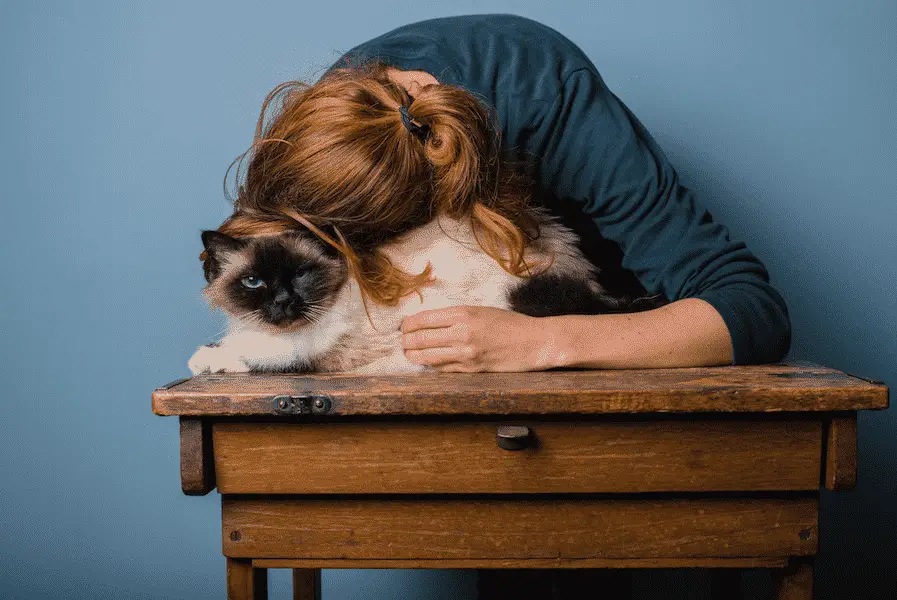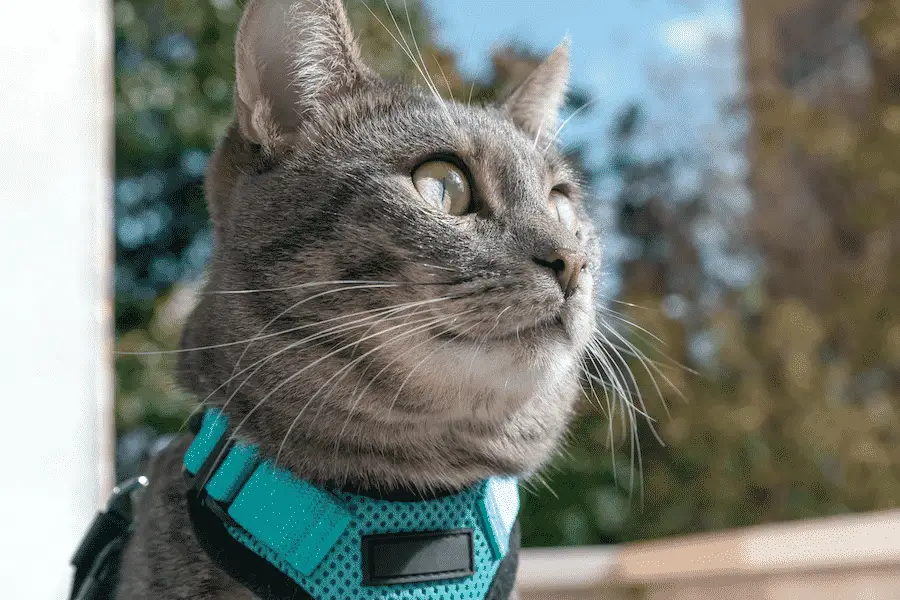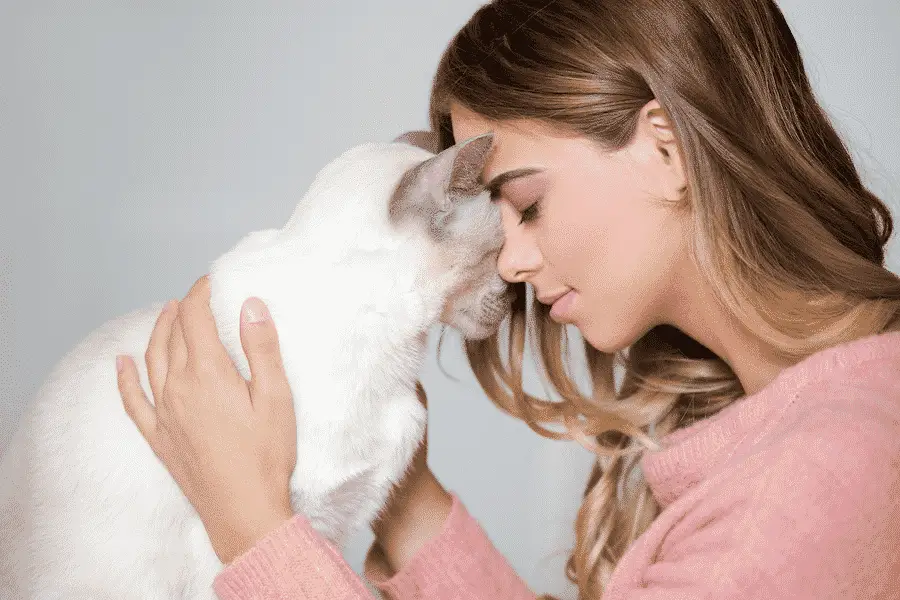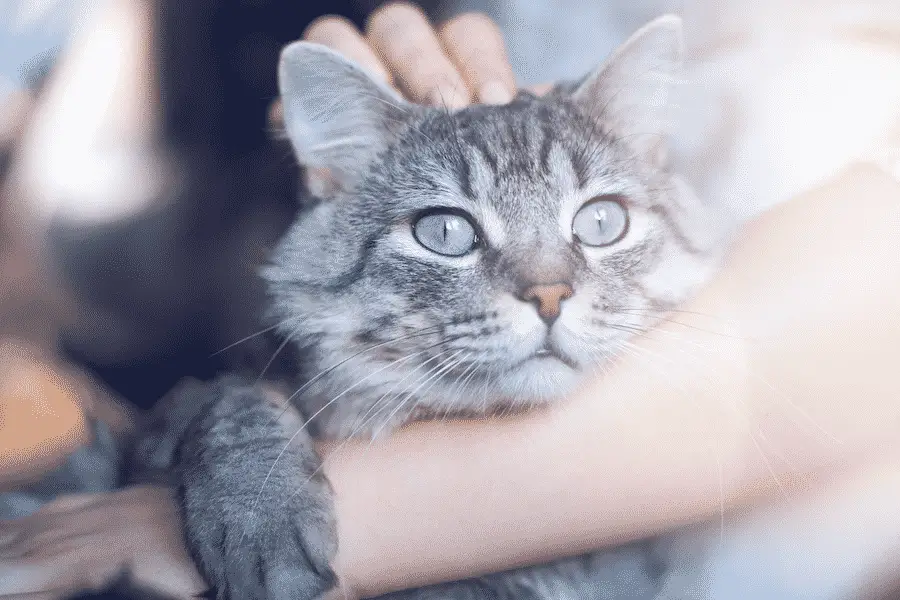Article Summary
- Service Cat vs. Emotional Service Animal (ESA) Cat: Service animals can only be dogs where ESAs can be any pet – including cats. An emotional support cat does not require any special training, but you’ll want to make sure your cat has the right personality and temperament for the role.
- How To Qualify Your Cat As An ESA: A licensed mental health professional in your state needs to evaluate you first. If qualified, they can recommend an ESA for you.
- Can Cats Be Emotional Support Animals: Yes they can.
- How To Make My Cat An Emotional Support Animal: Connect with a licensed mental health professional in your state to see if you qualify. You may be able to access a licensed mental health professional via telehealth services as well.
- Best Emotional Support Animal Services
- OUR Top Pick – Pettable
- Only service offering a satisfaction guarantee, meaning your letter works or you get your money back.
- Runner Up – Certapet
- Alternative – US Service Animals
- OUR Top Pick – Pettable
Animals make great companions and they can help us humans with both mental and physical challenges. With the growing realization of the therapeutic benefits of human-animal companionship, it’s helpful to know how therapeutic animals are defined and what their purpose is in helping their human companions.
Currently, there are three types of designations for animal companions which include service animals, therapy animals and emotional support animals (ESA’s). Each type has a very specific definition that can include certifications and special privileges that go along with that designation.
Here, we’ll examine each type of companion animal with therapeutic benefits: service cats, therapy cats and emotional support cats.
Service Cats
Can cats be service animals?
The short answer is no. The Americans with Disabilities Act (ADA) dictates that a service animal must be a dog or a miniature horse. A service animal helps a person with a disability perform functions of daily living. A service dog (or miniature horse) can help people in a variety of ways like:
- Helping guide blind people
- Alerting a person with epilepsy of an impending seizure
- Carrying items and transporting them
- Calming someone with PTSD
- Other medically necessary functions

Therapy Cats
Can cats be therapy animals?
Yes. Cats can definitely be therapy animals. The distinction between a service animal and a therapy animal is that the therapy animal donates their time to help provide comfort to others. The therapy animal/therapy cat works together with you as a team to help others. Therapy animals, including therapy cats and therapy dogs, are often found volunteering in hospitals, nursing homes, and schools, to help brighten the day of the sick, elderly and children.
What kind of cats make good therapy cats?
There isn’t any one particular breed of cat that makes a good therapy cat. Instead, focus on your cat’s traits and personality. You will want to be sure that your cat is friendly, outgoing and genuinely enjoys the company of others. Never try to make your cat into something it is not. Consider the following:
- Does your cat love to be around other people?
- Does your cat have a very laid back personality?
- Does your cat mind wearing a leash and harness?
- Does your cat enjoy being held?
If you answered yes to all of these questions, then your cat might make a good therapy cat. But that’s not all. Don’t forget that YOU are half of the equation. You will be working with your cat as a team so you also have to have the right personality and temperament to deal well with the public. You’ll be expected to have great communication with your pet. Your pet should have the ability to understand and obey simple commands like “sit,” “stay,” and “come.”

Organizations like petpartners.org offer training for all sorts of pets including therapy cats and dogs.
Emotional Support Animals (ESA’s)
Can cats be emotional support animals?
Yes. An emotional support animal provides comfort to their human companion who may be struggling either mentally or emotionally. ESA’s do not assist with physical tasks, they are limited to providing emotional support. Any pet can be an emotional support animal and you can register your pet with a reputable ESA service like Pettable.com.
While any pet can technically be an emotional support animal, you should ensure your cat has the temperament to want to be an emotional support animal. As a responsible pet owner, you should be sure that your pet will be happy being an emotional support animal – particularly if you plan to travel with your cat. Many cats do not like leaving their home, so be sure to put your cat’s feelings first. Your cat cannot help support you if your cat feels afraid, unsafe or threatened.
Which cat breeds make good emotional support cats?
All cats are different, so just choosing a breed of cat doesn’t guarantee that he or she will have the personality traits to make a great emotional support cat. With that said, certain breeds tend to be more outgoing than others. Get to know these breeds and then visit your local shelter to find a cat with similar characteristics. Remember that temperament is the most important factor and many cat are distressed in a shelter environment, so consider fostering if you’re not sure.
The following are considered some of the friendliest cat breeds: Ragdoll, Birman, Manx, Persian, Russian Blue, Maine Coon, Siamese, American Shorthair, Bengal, Sphynx, Abyssinian, and Burmese.

| Type of Therapeutic Animal | Service Cat | Therapy Cat | Emotional Support Cat |
|---|---|---|---|
| Type of Assistance: Physical or Emotional? | Not applicable for cats – but dogs assist physically. | Emotional. | Emotional. |
| Allowed in public places? | Cats cannot be classified as service animals | Yes, with proper training.. Usually hospitals, schools and nursing homes | It depends on the establishment. By law, they can be denied. |
| Covered by Americans with Disabilities Act (ADA)? | Not applicable. Dogs would be covered. | No. | No. |
| Covered by the Fair Housing Act (FHA)? | Not applicable. Dogs would be covered. | No. | Yes. |
| Requires certification? | Not applicable. | Yes. | Yes. |
| Works to help the emotional needs of others (the public)? | Not applicable. | Yes. | No. |
| Works to help the pet owner’s emotional needs? | Not applicable. | No. | Yes. |
| Key personality traits | Not applicable. | Extremely outgoing and friendly. Seeks and enjoys the attention of people. | Confident and unafraid of travel and new situations. |
Do you think your cat would be happy being your official emotional support cat?
If you believe your cat has the confidence and temperament to enjoy being an ESA, then you should talk to a licensed mental health professional in your state to get a prescription. Then contact a reputable emotional service animal certification provider like Pettable.com to get your ESA letter.
This blog may contain affiliate links. When you click one of our links, we may receive a small commission, but you will never pay more for any product or service. We support the costs of running this site in part, with our partners and affiliates. We appreciate you supporting those sponsors and partners who support us. Please know that we have carefully vetted every partner and we only approve a small fraction of partners to share with you. We will never sell out and partner with a company or brand that we don’t believe in. For more information about third-party advertising on this site, please click here.
